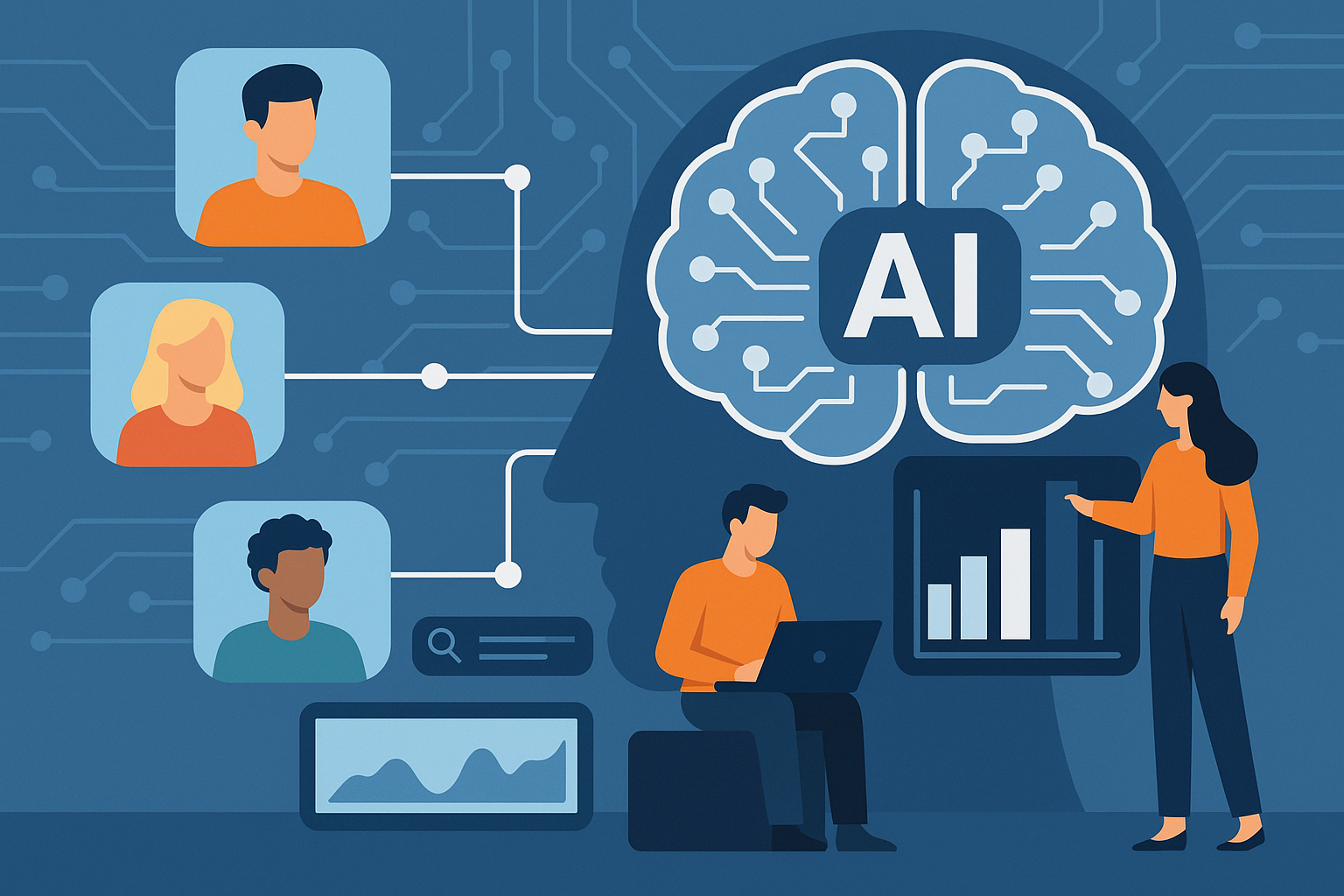
The Future of AI-Driven Consumer Research
Introduction
The world of consumer research is undergoing a seismic shift. With ever-increasing data points from both online and offline interactions, the challenge is no longer how to collect information but how to make sense of it. Enter artificial intelligence (AI). From predictive modeling to sentiment analysis, AI is transforming the way brands understand their consumers. As we look to the future, AI-driven consumer research will become not just a competitive advantage but a business necessity.
The Traditional Approach: A Limiting Framework
Historically, consumer research relied on methods such as surveys, focus groups, and interviews—useful, but inherently limited by sample size, human bias, and time constraints. These methods often produced static insights that aged quickly and failed to adapt to rapidly evolving consumer behavior.
In contrast, AI brings scale, speed, and real-time adaptability to the equation. It can process unstructured data, analyze vast data lakes, and continuously learn from new inputs. The result is a much deeper, dynamic understanding of the consumer.
Real-Time Consumer Insights
One of the greatest advantages of AI-driven research is real-time insight generation. Machine learning algorithms can monitor social media, online reviews, search trends, and other digital signals to gauge public sentiment about a brand or product. These insights can be delivered instantly, empowering brands to pivot quickly—whether that means launching a new campaign or mitigating a potential PR issue.
Imagine launching a product and knowing within hours—not weeks—how it’s being received. That level of immediacy is a game-changer.
Hyper-Personalization Powered by AI
Consumer preferences are increasingly individualized. AI enables brands to tailor research efforts to understand niche segments on a granular level. With AI, brands can:
- Segment audiences based on behavioral data rather than demographics.
- Identify micro-trends before they become mainstream.
- Deliver highly personalized experiences based on real-time insights.
For instance, an FMCG brand can use AI to analyze purchasing behavior in specific regions and adjust its messaging or product features accordingly. This type of agility was previously unthinkable.
Predictive Analytics: Anticipating Consumer Needs
Beyond describing current behavior, AI excels at predicting future trends. Predictive analytics models draw on historical data, seasonality, social patterns, and even weather conditions to forecast what consumers will want next. This helps brands stay ahead of the curve, launching innovations that meet emerging needs rather than reacting after the fact.
In this way, AI makes research proactive instead of reactive—offering a strategic lens rather than just an analytical one.
Voice of the Customer at Scale
AI-powered natural language processing (NLP) allows companies to “listen” to their customers at scale. It can analyze thousands of open-text responses, online comments, chat logs, and voice recordings to extract recurring themes, emotions, and pain points. This provides a rich and nuanced picture of the customer experience that no multiple-choice survey could capture.
Voice of the Customer programs, when powered by AI, become more continuous and insightful—no longer snapshots but living feedback loops.
Ethical Considerations and Data Privacy
As AI expands its role in consumer research, ethical considerations must be top of mind. Transparency, consent, and data protection are essential. Brands must ensure they are not only compliant with regulations like GDPR and CCPA but also genuinely respectful of consumer trust.
Moreover, explainability in AI models—understanding how an algorithm arrives at a conclusion—is critical for ensuring that insights are reliable and free from hidden biases.
Conclusion
AI is revolutionizing consumer research, enabling brands to move faster, think smarter, and act with greater precision. As algorithms continue to evolve, the insights they generate will become more sophisticated, accurate, and actionable. For brands willing to embrace this future, AI-driven consumer research offers a path to deeper customer connections, better products, and more effective marketing.